Sivananda Yoga Teachers Training Course, Thailand
5th Oct – 2nd Nov 2025
Sivananda Teachers’ Training Course (TTC) is a four-week intensive residential course developing the skills to teach Hatha Yoga asana. The curriculum is extensive and covers both theory and practice, certified by the worldwide Yoga Alliance, a standard for Registered Yoga Schools (RYS).
This 200 hour TTC will take your yoga practice to the next level. Develop the skills to teach yoga asana, gaining a solid grounding in the classical yoga tradition, and at the same time deepen your spiritual connection to yoga and open yourself to inner transformation. A vegetarian diet, daily personal practice of yoga and meditation, while living in the stunning natural beauty of the Phu Chai Sai Mountain Resort, Northern Thailand, together promote an atmosphere conducive to deep and profound learning of the classical Hatha Yoga tradition.
Become an ambassador of peace in the world as you transform into a successful yoga teacher.
This Sivananda TTC Thailand course is taught in English with Japanese translation. All Thailand courses are conducted by the Sivananda Yoga Vedanta Ashrams and Centers of India, taught by senior teachers, under the guidance of Prahladaji, Yoga Acharya and a senior disciple of Swami Vishnudevanandaji. Upon completion of the course and the final exam a certificate will be issued by Sivananda India.
Our Certificate conforms to the Yoga Alliance, USA RYT200. Our graduates can apply to Yoga Alliance to become a Registered Yoga Teacher.
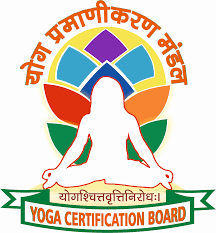
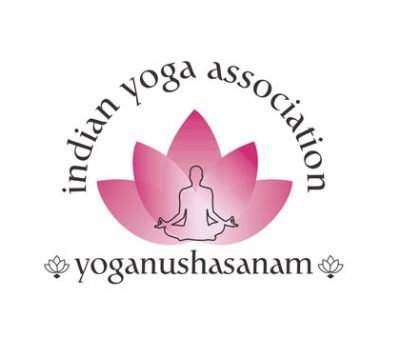
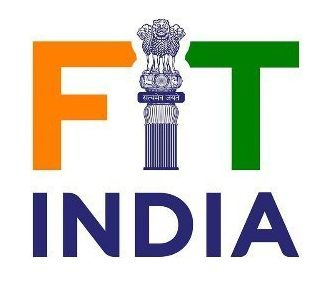
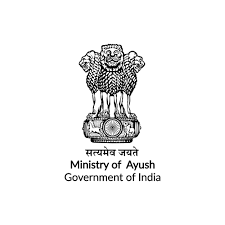
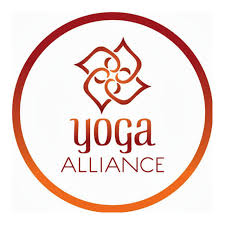
Pre-requisite
A high degree of self-motivation is required for all aspects of the course. A basic knowledge of yoga postures and philosophy is helpful but not essential. A sincere desire to learn and an openness to the teachings of yoga are required.
The practice and especially the teaching of yoga demands a high degree of self-discipline and purity.
To ensure the success of the program, participants are required to attend all spiritual activities, meditation sessions, lectures and asana classes.
Meat, fish, eggs, black tea, coffee, alcohol, tobacco, drugs and nudity are prohibited during the course as they are counterproductive to yoga practice. Participants who do not comply with the ashram rules may be dismissed from the course. Unfortunately, it is not possible to cater for personal dietary preferences beyond the yogic lacto-vegetarian meals.
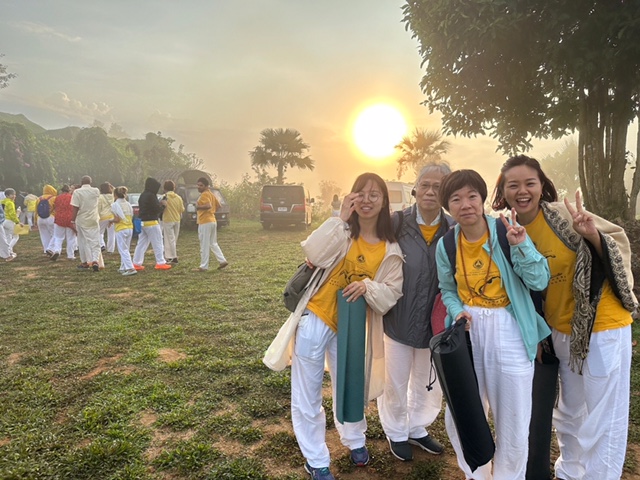
Registration Details
AC Cottage | 3-person occupancy
- USD 2,300 (via wire transfer)
Click here to register - USD 2,530 (supports credit card payment via GetOnYoga)
Click here to register
AC Cottage | 1-person occupancy
- USD 3,900 (via wire transfer)
Click here to register - USD 4,290 (supports credit card payment via GetOnYoga)
Click here to register
Note:
- Course prices are calculated on the basis of the current rate of the US dollar.
- The course fees are subject to change without notice.
- $100 will be contributed towards community development.
The course fee covers
- Sivananda Yoga study manual
- 2 sets of student uniform
- 28 night accommodation
- 2 daily vegetarian meals/day
Texts recommended, NOT included in the course fee which can be purchased at the boutique.
- The completed Illustrated Book of Yoga by Swami Vishnudevananda
- Sivananda Companion to Yoga
- Sivananda Training Manual
- Meditation & Mantras by Swami Vishnudevananda
- Bhagavad Gita with commentary by Swami Sivananda
Accommodation



- All cottages are equipped with AC, Toilet/shower, cold/hot water.
- Towel, shower gel, hair shampoo will be provided in the cottage.
NOTE:
The cottage for 3 student occupancy
- Some cottages are with 2 single beds and 1 extra bed.
- Some cottages are with 1 big bed and 2 extra beds.
Due to these difference of beds, we will be the one who allocate the bed to each student based on early/first registered/first paid basis.
Refund Policy
CANCELLATION BEFORE JULY 31, 2025
There are 2 options.
Option 1: NO Refund.
- The course can be transferred to next year course, but once only.
Option 2: Refund required
- Payment by wire Transfer
- The refund amount left, after deducting US$ 400.- will be processed within 3 months time from cancellation date.
- Payment by PayPal/Credit Card
- US$ 400.- as administration fee plus 10% Credit Card fee will be deducted.
- The refund amount left, after deducting US$ 400.- and 10% Credit Card fee will be processed within 3 month time from cancellation date.
CANCELLATION AFTER JULY 31, 2025
- NO refund
- The course can be transferred to next year course, but once only.
NO SHOW UP
- If students do not show up, and do not contact us, NO refund.
LEAVE BEFORE COURSE COMPLETION
- NO refund
